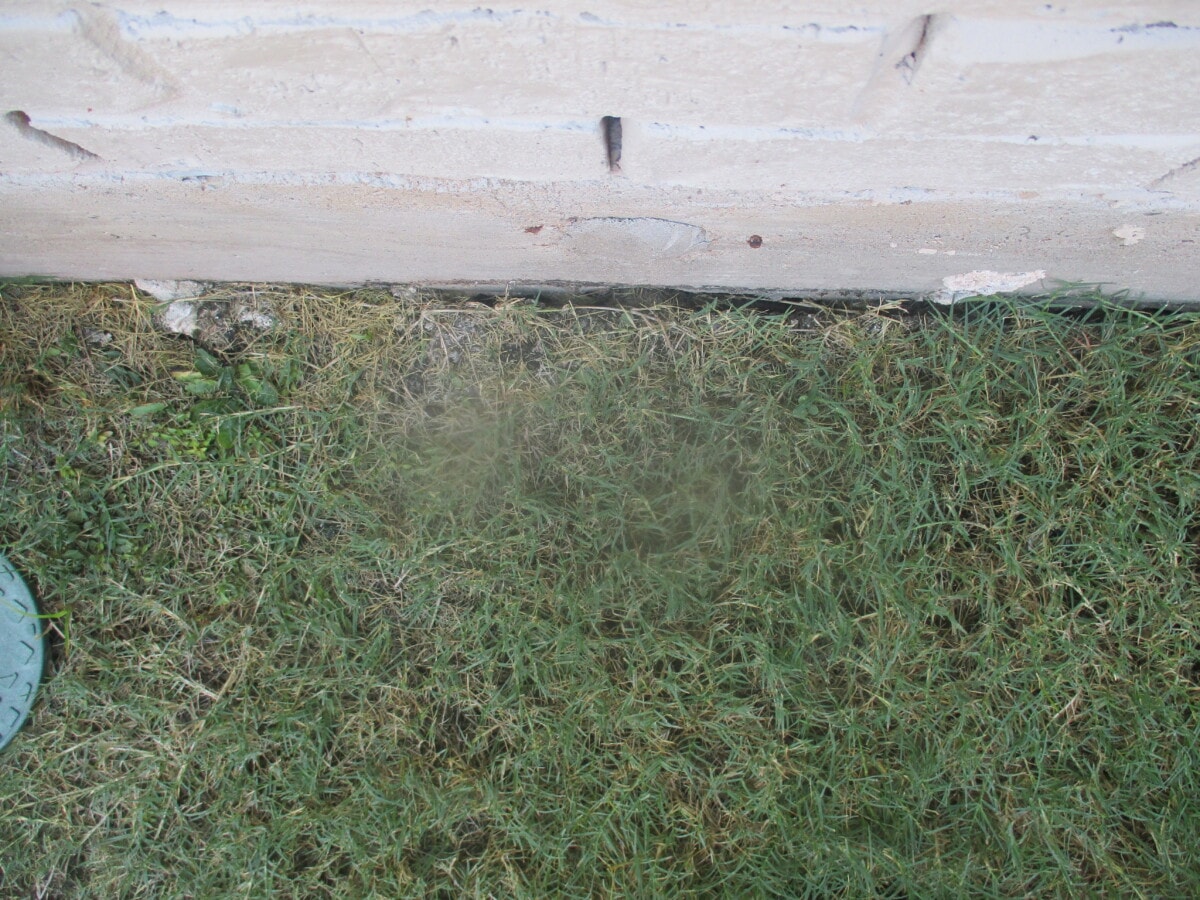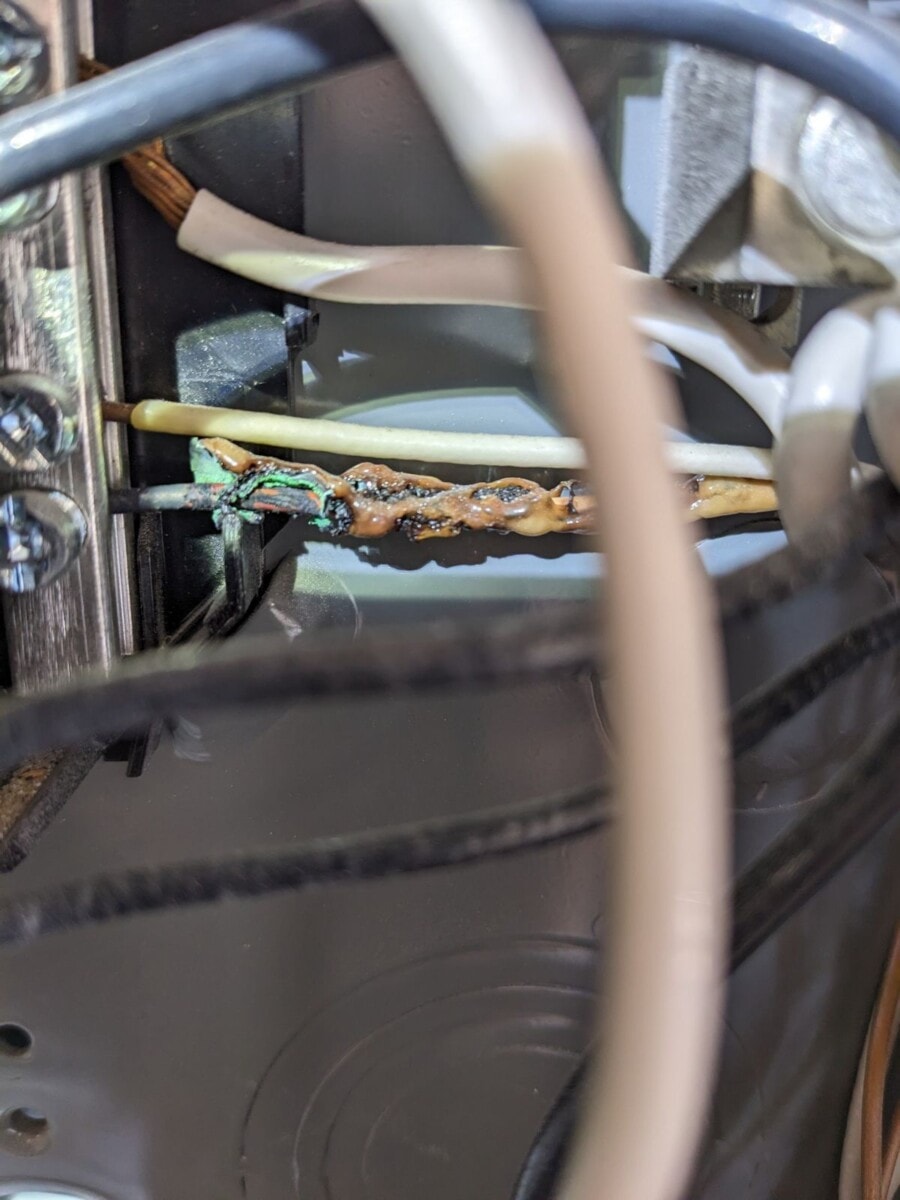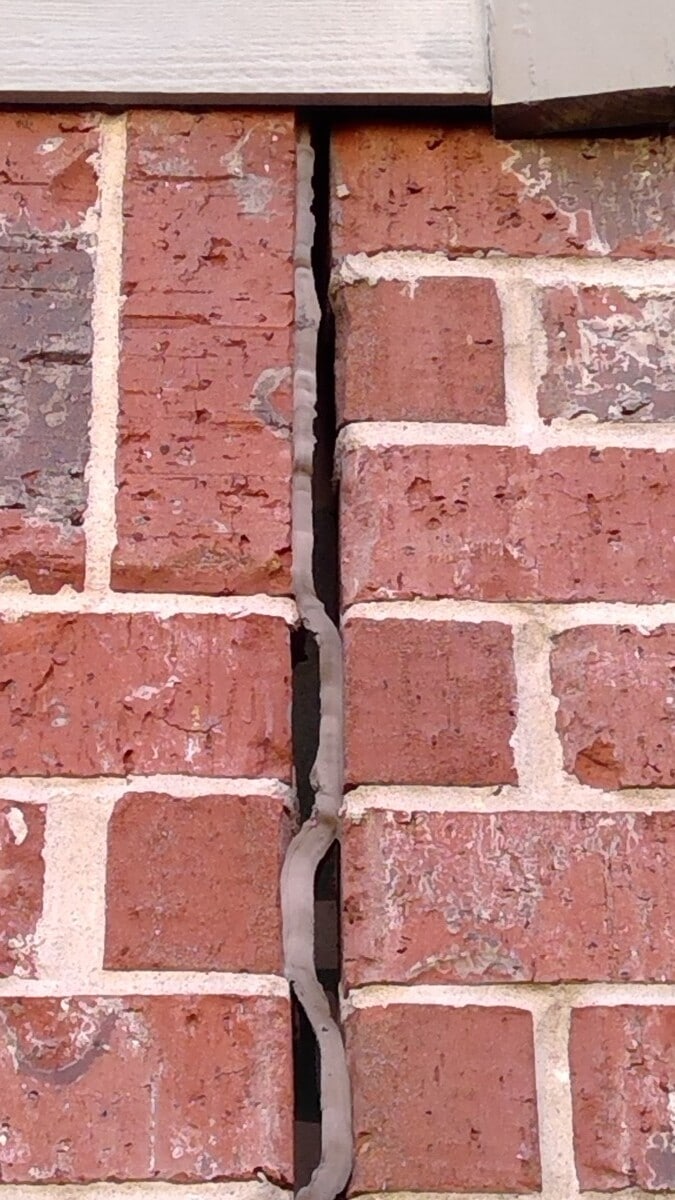
Just as every corner of the U.S. boasts its distinct charm, it also presents a unique set of challenges for potential homeowners. Whether you’re eyeing a home off the warm shores of Orlando, Florida, and the potential of underlying damage from hurricane seasons, or setting your sights in a picturesque house in Katy, Texas, where foundational concerns often take the spotlight, being well-prepared is paramount.
Navigating the realm of home buying can be both exciting and daunting, especially when it comes to the Lone Star State. Before taking the plunge into homeownership, one essential step that can’t be overlooked is a comprehensive home inspection. Consulting with seasoned professionals who are well-versed in the region’s nuances is key to understanding the potential pitfalls that may lie ahead. In Texas, a state known for its diverse geography and climate, home inspectors have encountered a range of issues that warrant careful consideration. In this Redfin article, we delve into some crucial tips and aspects to watch out for when it comes to a home inspection in the vast expanse of Texas. From foundation worries to pest problems, here are five things to look out for to help you safeguard your investment in the Lone Star State.

1. Cracking soil
“Cracking soil is a big problem in the Summer because the dry environment is impacting foundations. The expansive soils along the coastal region can expand and contract as much as 10%. That may not seem like much until you look at the entire footprint of the house: 10% can cause soil separation and structural damage,” warns Grace Home Inspection Services
“However, don’t start by calling a foundation repair contractor. The first thing you should do is carefully water your foundation. Many of the problems may be eliminated by this alone. After the return of rain and the saturating of the parched soils, you may find it worthwhile to continue watering while monitoring your foundation and the house for changes.”

Courtesy of Grace Home Inspection Services
2. Mold and rot
“The most, or rather the easiest thing, is to just use your nose. Things like wood rot have a very distinctive smell, and mold also has a very distinctive smell. Once you know those smells, you can identify wood rot the moment you put your head in a crawlspace. It’s at that moment you just have to figure out where it is,” says Advanced Home Inspections. “Additionally, the most common place where we find water damage is where decks are attached to the house. So, it’s always a good idea to keep an eye on that area, knowing that it’s a potential failure point.”
3. Weather changes and pest problems
“Weather conditions like hurricanes and flooding directly impact our region. Coastal homes face higher risks due to their proximity to the coast. We inspect for signs of previous flooding and assess wind-rated certifications in certain counties,” shares Before You Buy Inspection Services.
“Periodic flooding is a reality we deal with. While most flooded homes are properly restored, it’s worth noting that some opportunistic and less reputable companies tend to surface after natural disasters, providing subpar quality in their repairs.
Pest infestations and termite damage, prevalent in our Gulf Coast area as well, warrant specialized inspections. Leaks and indications of insects should be addressed.”

Courtesy of Before You Buy Inspection Services
4. Foundation issues
“Living in the Gulf Coast Area of Texas comes with its own set of challenges, and among them, foundation problems and termite infestations stand out. Our unique soil and climate conditions create an environment that’s conducive to the development of these issues,” notes AM Solutions LLC.
“One unmistakable sign of potential foundation problems is the separation along the brick veneer expansion joint. Similarly, a termite tube—typically found on the foundation grade beam—serves as an indicator of potential termite infestation. These signs are crucial and require further evaluation by either a Licensed Structural Engineer or a Licensed Pest Operator before making any purchasing decisions.”

Courtesy of AM Solutions LLC
5. Identifying water damage
“Given the high humidity levels, floods, and occasional severe freezes such as those experienced in February 2021 that led to burst pipes, being aware of mold damage is of utmost importance, often remaining concealed,” recommends Dunn Inspection Services.
“Our examination includes an assessment of the exterior foundation. If the footing is low or the soil is high, and if the grade exceeds the siding or bricks, there’s a strong likelihood that mold is present within the structure. Additionally, termite damage is highly probable in such cases. In older homes, deteriorated moisture barriers in perimeter walls are common. We meticulously search for indicators like texture alterations, warped molding, and water stains on interior walls.
Modern residences with energy-efficient systems, such as sprayed insulation in attics and high-efficiency HVAC systems, can inadvertently foster conditions conducive to mold growth. I pay close attention to elevated humidity levels in these conditioned attic spaces and watch for telltale signs, like components of the HVAC system or ductwork showing rust. Inspect furnace filters closely and check the interior of the return for any signs of water marks or stains.
Always bear in mind that mold spores are both invisible and potentially toxic. While inspecting the property, rely on your sense of smell. Is there a musty odor? Do you notice an excessive number of air fresheners?
For peace of mind and to safeguard your family’s health, the wisest course of action is to engage a licensed and qualified consultant to conduct air quality testing for hidden mold before making a purchase.”

Courtesy of Dunn Inspection Services
The post 5 Things to Look Out For When Getting a Home Inspection in Texas appeared first on Redfin | Real Estate Tips for Home Buying, Selling & More.

